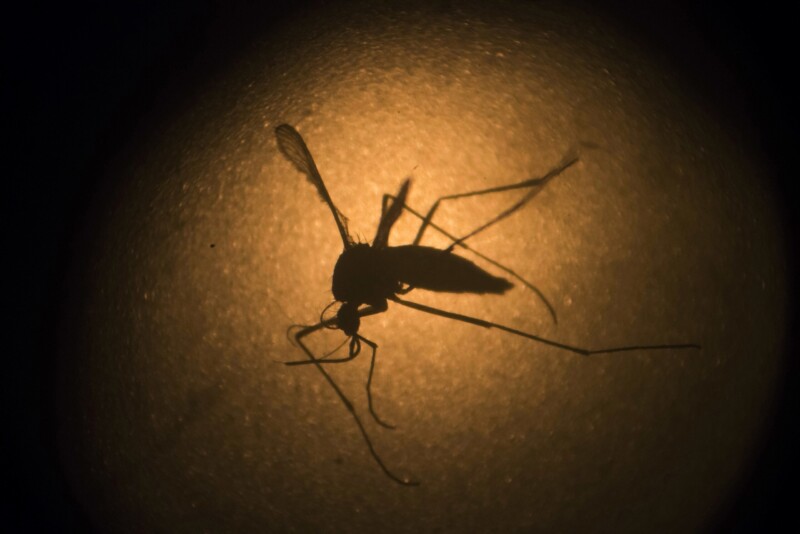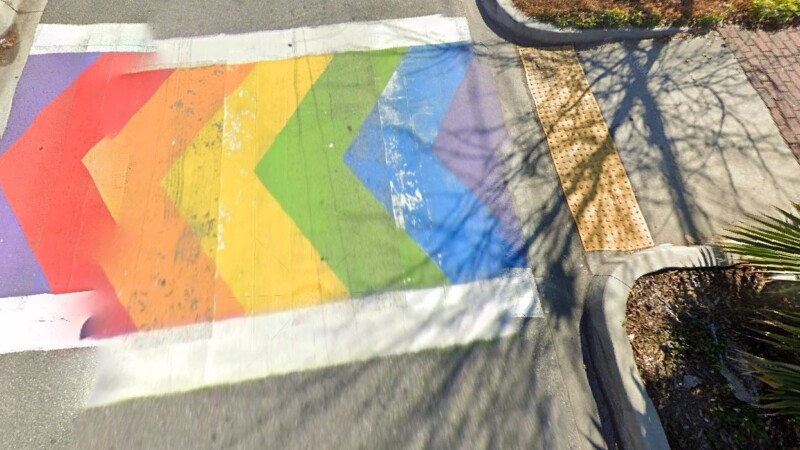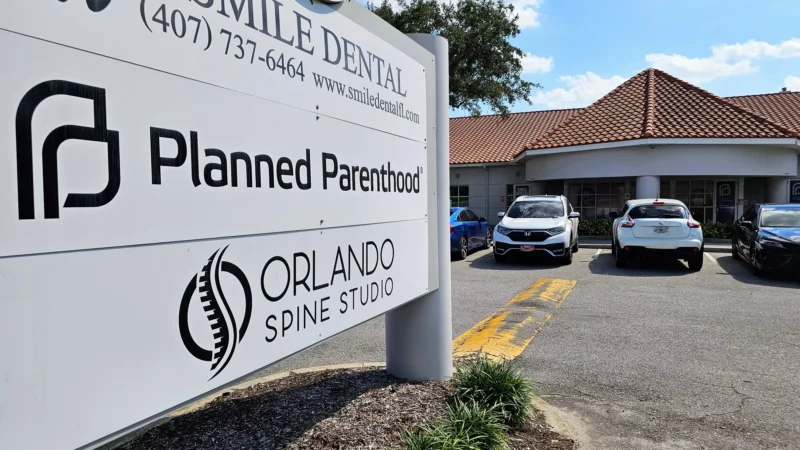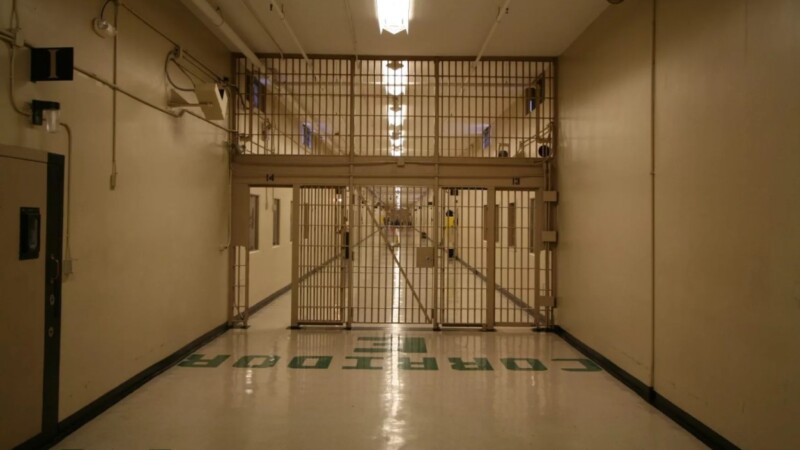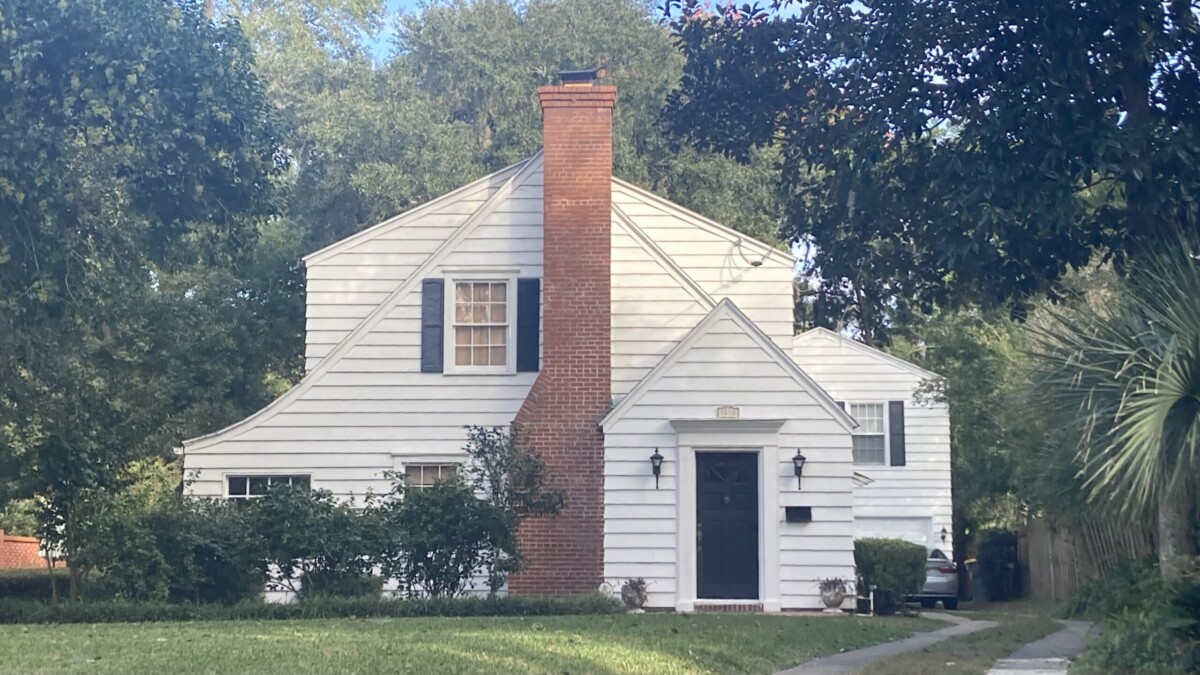This coming Monday, a Jacksonville City Council committee will consider legislation “increasing expenditure authority” within a mosquito control fund by more than $24,000. After we highlighted a public hearing about the bill this week, Jax Today reader Rich. G. asked:
Doesn’t this also kill pollinators such as bees and butterflies? Both these insects are already in trouble and spraying does more harm. I’ve heard of other ways to reduce mosquito populations that are not environmentally harmful.
We reached out to the city with Rich’s question. The response: As we move into April, May and June and experience seasonal rain showers, city officials say that adult mosquito populations will grow. So the city is scheduling its evening sprays to start on Monday, April 10, to handle the increase.
The city says it uses what are called ultra-low volume (ULV) control products, which it acknowledges, can affect non-target species of insects if used outside the product-label’s parameters. The city says the ULV control products the Mosquito Control Division uses are labeled for application after dusk and through the first two hours after sun-up. “The science and data show that non-target species are not out in the environment when the mosquitos are most active,” a city spokesperson said.
The city says following the label’s recommended time of application is the law.
We also asked insect experts at the University of Florida’s Institute of Food and Agricultural Sciences (IFAS) about how big of a concern mosquito control is when it comes to harming bees and other pollinators.
William Kern, Jr. with UF’s Entomology and Nematology Department answered the call.
“Mosquito control districts generally have protocols in place to use the most environmentally rational methods of mosquito control first,” he says.
For one thing, he says, mosquito control districts generally ask beekeepers for the locations of bee yards and hives so they can be avoided during treatments like truck-based ULV spraying.
Plus, “Applications are usually limited to nighttime when bees are in the hive,” he says.
Kern also says that individuals’ home mosquito-misting systems are a bigger threat than what the city of Jacksonville is doing.
“The concern over chemical trespass from these systems are a major concern, more so than public health mosquito control activities,” he says.
Updated: This answer was updated on 3/20/23 with the additional context from Dr. Kern.
Have a question you’d like the Jacksonville Today team to look into? Email news@jaxtoday.org with #AskJAXTDY in the subject line, and you might see your answer soon.


